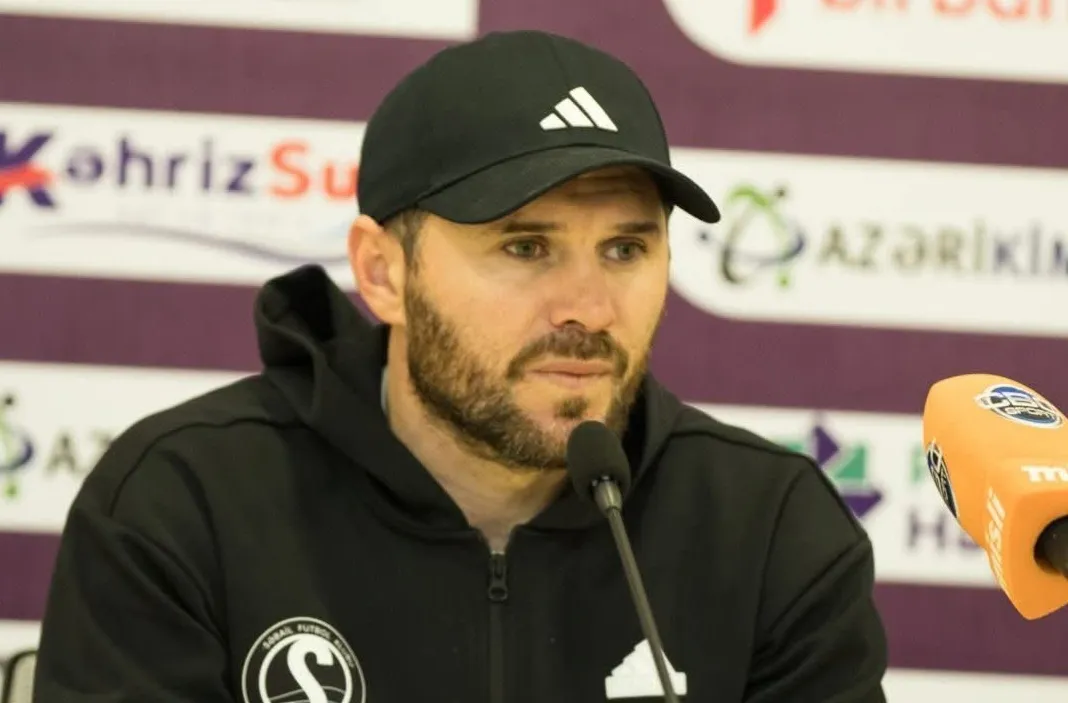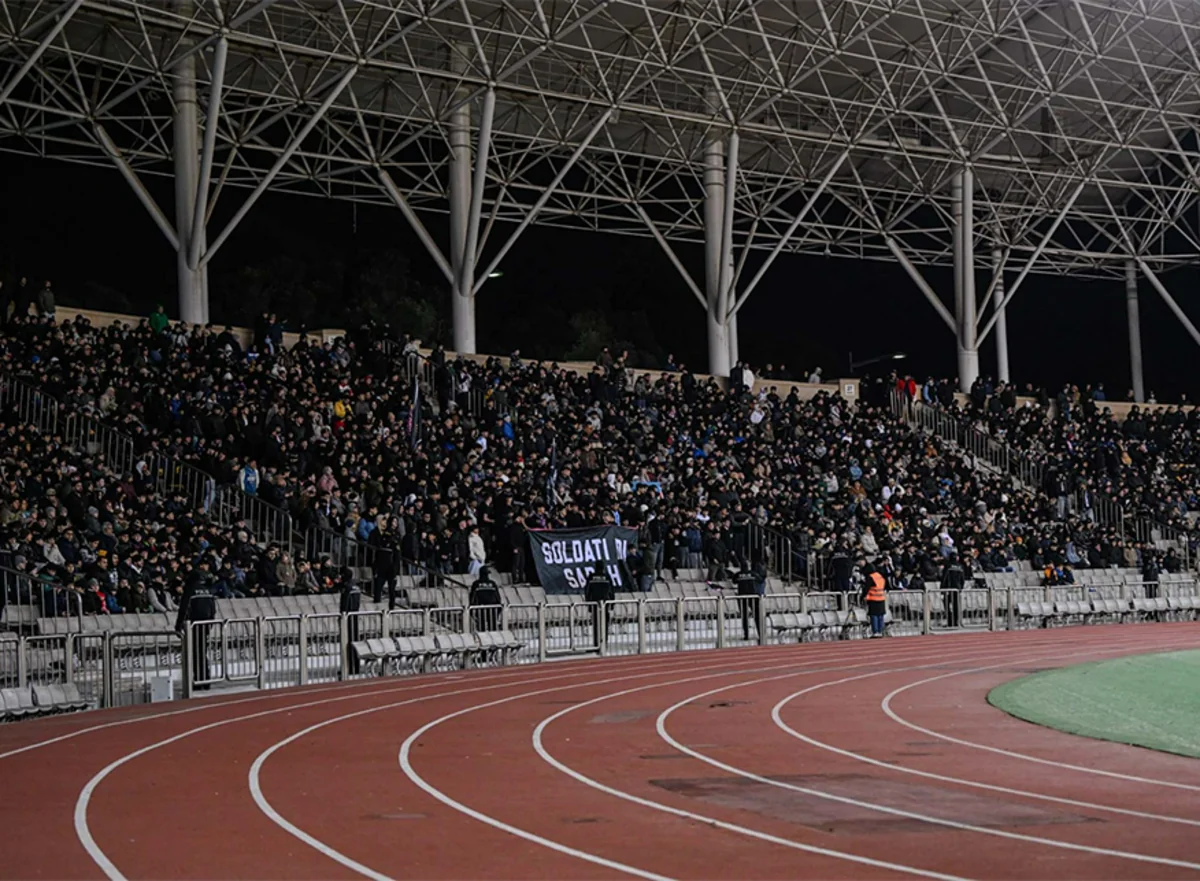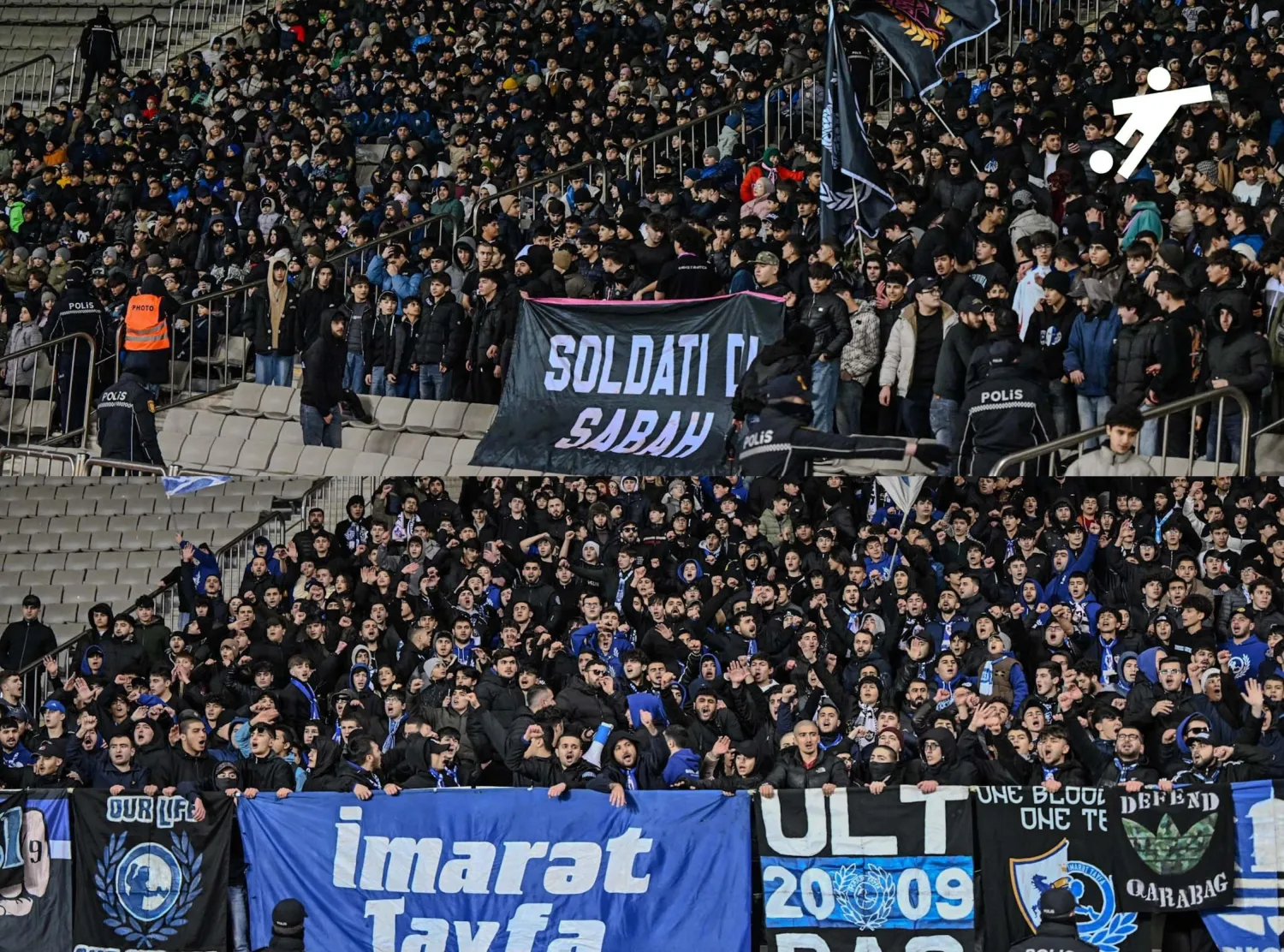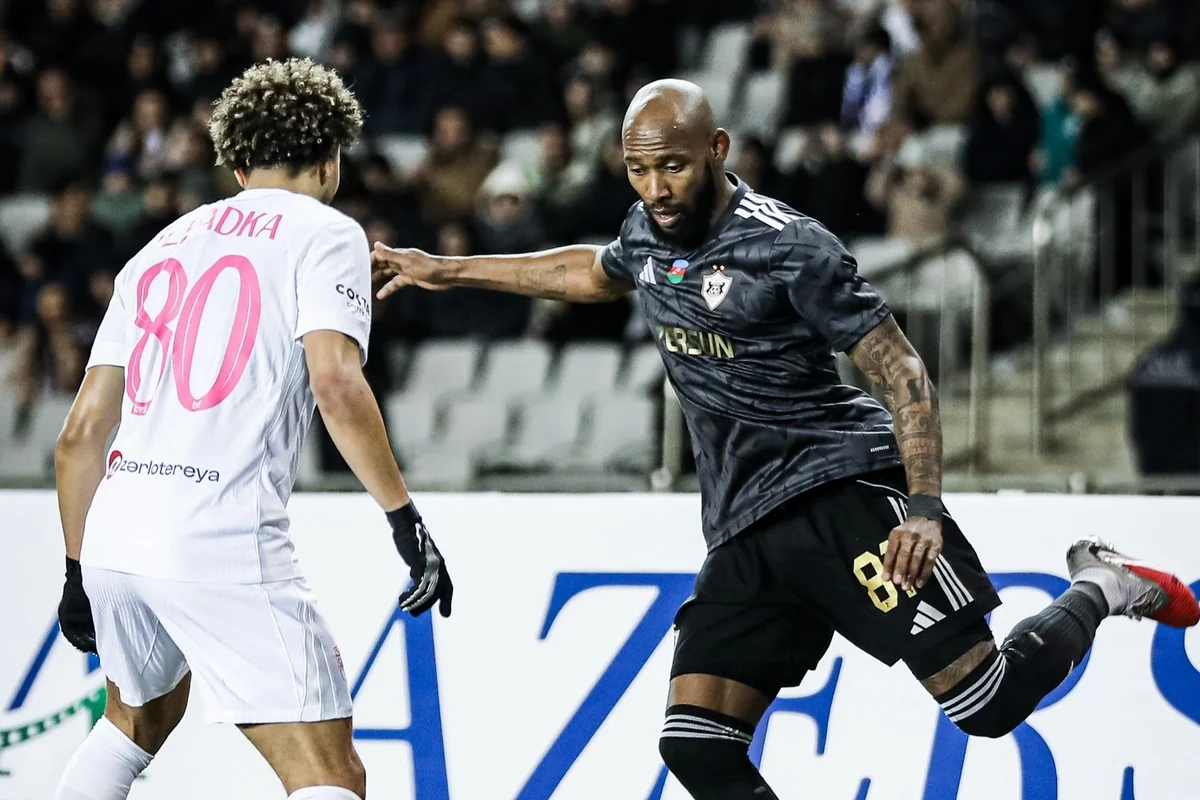Former Azerbaijani national team player and ex-head coach of Sabail FC, Cavid Huseynov, gave an exclusive interview to Offsideplus.az.
“KURBAN BERDIYEV VALUED MY OPINIONS”
– There’s only one round left in the Misli Premier League season. How would you assess the championship?
– The Premier League was exciting this season. True, the season wasn't successful for some clubs, as expectations were higher for several of them. Given their budgets, teams like Neftchi and Sabah were expected to finish in higher positions. While Sabah reaching the cup final is a great achievement, in terms of the league alone, both Neftchi and Sabah underperformed. Qarabag, as usual, dominated the title race and won first place with a significant point difference. It seems no team will surpass Qarabag any time soon. Zira replicated their success from last season...
– Was it a surprise for you that Araz-Nakhchivan finished third and qualified for European competitions for the first time in their history?
– If someone had said at the start of the season that Araz-Nakhchivan would finish third, it would have been surprising. But Elmar Bakhshiyev’s team played very well and held on to the bronze medal spot until the end.
– You started the season at Turan Tovuz and moved to Sabail four months later. How did your collaboration with Turan Tovuz begin?
– It all happened suddenly. When the offer came from Turan Tovuz, I gladly accepted the opportunity to work as Kurban Berdyev’s assistant. I knew Berdyev well and was aware of his success with Rubin Kazan in the Champions League. We met, and he asked me a few questions.
– What kind of questions?
– In our first meeting, he decided to test my tactical knowledge. He knew I had used a five-defender system at Shamakhi, which he also prefers. He asked some questions and even used a tactical board to illustrate.
– So it was like a mini-exam...
– Yes, and I enjoyed it. The next day, I got a call from Turan Tovuz informing me that Berdyev was willing to work with me.
– What did you gain from working with Berdyev?
– He has vast knowledge in defensive organization. He’s incredibly intelligent and experienced. I learned a lot from him, especially about tactical details. Even when I switched to a 4-4-2 system at Sabail, the insights I gained from him helped me manage the defense more effectively.
– What did he expect from you?
– Berdyev never showed favoritism among the coaching staff, but he had high expectations from me. What I appreciated most was that he always consulted with me on training matters and valued my input. He was never arrogant and always open to hearing others’ ideas—especially mine. It meant a lot to me that such a respected coach listened to my opinions.
“I EXPECTED SUPPORT FOR MY WORK”
– But in early November, mid-season, you left Turan Tovuz for Sabail. How did Berdyev react when you told him about your intention?
– The news had already leaked to the press, even though there was no formal agreement at the time.
– So there was no official offer from Sabail yet?
– No, not officially. There were only verbal discussions. But somehow, the press found out, and I was very uncomfortable with that. I approached the Turan Tovuz officials and Berdyev to explain that I hadn’t agreed with anyone yet.
– Were the Turan Tovuz officials and Berdyev aware of the media reports?
– No, they weren’t. I told them I hadn’t met or agreed with anyone and that if I did go to Sabail, they would be the first to know. Berdyev appreciated my honesty. He always said I was sincere and straightforward—traits he admired. Later, I received a call from Sabail officials, met with them, and asked for time to think. I also consulted Berdyev, who told me that this would be a new step in my career and, if I felt ready, I should go for it. Though he didn’t want me to leave, he didn’t stop me either. Turan Tovuz’s board chairman, Ehtiram Guliyev, also didn’t want me to go. Tovuz is where I started my professional playing career at age 17—it’s a special place for me.
– And then you joined Sabail. What did you observe on your first day? What were your initial impressions?
– I knew Sabail was fighting to avoid relegation. But I believed in myself. Before accepting the role, I analyzed the squad and felt it was possible to keep the team in the Premier League. The winter transfer window was crucial. Before the break, we played Qarabag, Sabah, Araz-Nakhchivan, Shamakhi, and Zira—losing all except for a draw against Shamakhi. We had a good winter training camp. When I arrived, the team had physical and tactical issues, which we addressed. After the break, we began to show results—beating Sumgayit and Kapaz, and drawing with Turan Tovuz, Sabah, and Araz-Nakhchivan. We collected 9 points in a short period. I was focused purely on the training process, game plans, and what happened on the pitch. As a coach, my job is to prepare and motivate the team properly. I expected support for this work.
“I WAS READY TO GIVE UP PART OF MY SALARY AT SABAIL”
– You mentioned “support” again. After your last match with Sabail, you also repeatedly said at the press conference that you lacked support. What exactly did you mean?
– Internally, there were gaps in the process. I had informed the management early on that we needed to fully utilize the winter transfer window. Besides a weak squad, many players were injured. When I joined, I didn’t know that striker Ayman Bouali was injured—he had played just a game earlier. Later, I found out he had a chronic injury and was only able to play with injections. After that game, doctors banned him from playing altogether.
– Why weren’t you able to strengthen the attack in winter?
– I had already discussed this with the management. I wanted to bring in two strikers and a center-back. I was sent a list, and I liked one Spanish striker and a Croatian defender. We had preliminary agreements with both, but later, the club said the transfers wouldn’t happen. Instead, we brought in Marko Nikolic, whose style didn’t suit our system. The new signings weren’t effective.
– Was it due to budget constraints?
– We could have signed quality players. I even negotiated with David Gomes to lower his salary. Vusal Magsimov’s departure to Shamakhi freed up funds too. I was ready to allocate part of my own salary for transfers. I suggested to some in the management that we all contribute part of our earnings for the club’s benefit and bring in two or three solid players—but they declined. I started feeling like my input in transfer matters wasn’t taken seriously.
– Why do you think that was?
– I don’t want to go too deep into it. The transfers speak for themselves. We had disagreements, and our ideas didn’t align. I saw the Premier League danger coming. Before the break, I warned them—“we could be late; we need to act now on transfers.” Finding quality players in winter is already tough. Unfortunately, the transfers didn’t meet expectations. The course of events was disappointing.
– All this built up, and then came the "explosion" after the March 16 home defeat to Neftchi...
– No matter what, I am a person of principle. Not everyone approaches their work with integrity, but I always have. The management saw how I worked. There was a coaches’ room that had supposedly been locked for three years before I arrived. We, the coaches, would be in that room every day from 9 a.m., preparing training sessions, planning matches, and discussing strategies. I like to exchange ideas with my staff. From day one to the last, I worked with full dedication and professionalism. When I left Sabail, many staff members were saddened because they appreciated how I treated them.
– The press conference ended, and two hours later, Sabail released an official statement: “Cavid Huseynov has been dismissed.” What happened during those two hours?
(To be continued...)








